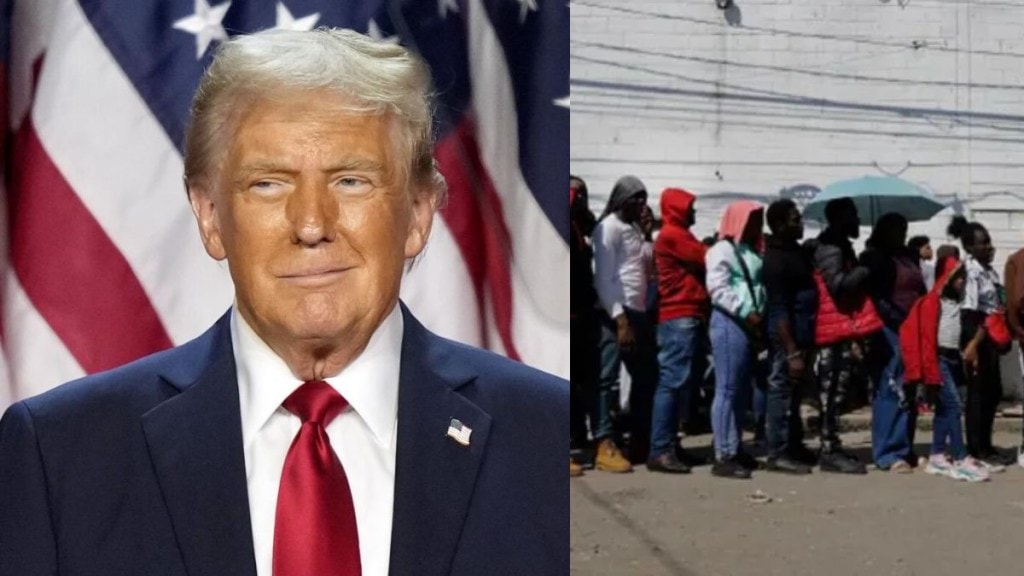The Trump administration is taking steps to deny bond hearings to millions of immigrants who allegedly entered the US illegally while they fight their deportation in court.
Those who entered the United States from Mexico throughout the last few decades and are presently facing removal procedures would be impacted by the new policy. In the past, these people may ask immigration judges for bond hearings. However, the Department of Homeland Security and the Department of Justice have “revisited legal position,” and these individuals “may not be released from ICE custody,” according to a memo written by Todd Lyons, acting director of Immigration and Customs Enforcement (ICE). A bond hearing is a process when a judge decides whether to give a bond to a specific defendant, enabling them to be freed from custody pending trial.
The policy was issued on 8 July, shortly after Congress, controlled by Republicans, allocated $45 billion over the next four years to ICE for civil immigration detention. In a post on X, the US Department of Homeland Security said the Trump administration is committed to “keeping these criminals and lawbreakers off American streets.” The department added that with the newly allocated funds, “we will have plenty of bed space to do so,” referencing the construction of new immigration detention centers. In May, the federal Board of Immigration Appeals ruled that such individuals are subject to mandatory detention. This means ICE can hold them throughout their deportation proceedings without offering a bond hearing or a chance to appear before a judge.
The recently passed ‘Big Beautiful Bill,’ has enabled one of the most aggressive immigration crackdowns in modern US history expanding funding for enforcement while cutting support for social programs. The bill allocates $150 billion over four years for immigration enforcement. A significant portion, $46.5 billion is earmarked to construct over 1,600 miles of new border walls and barriers. An additional $45 billion will be used to expand detention centers that house individuals and families awaiting deportation or immigration proceedings.
